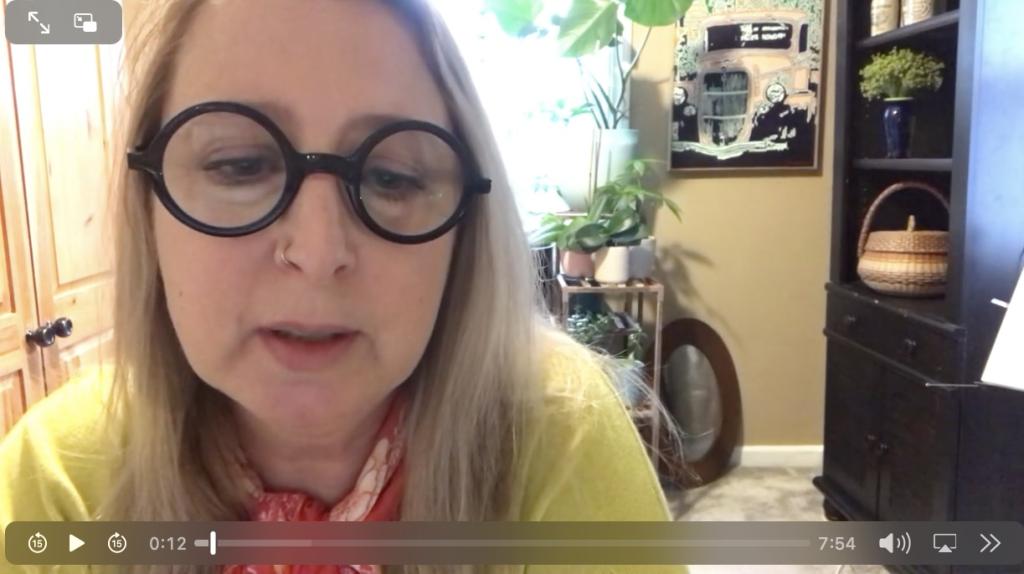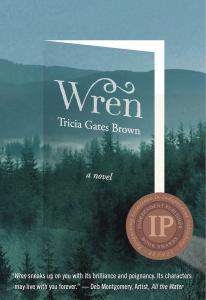{If you’d like to listen to this piece rather than read, click below on the photo/link to watch a video (~ 8 mins).}
Something increasingly apparent to me in recent months is a lack of nuance in discussions of political positions or world events. Part of this is because the soundbites and snippets of social media can’t provide a full picture of what’s happening around an issue or in a certain part of the world. We feel pressed into amplifying over-simplified messages to show that we care—because we do care and want to help. But adopting a position of learning, of trying our best to learn all that we can about the complexities of an issue, takes time and energy that many of us don’t feel that we have.
With regard to the war in Israel-Gaza, I’ve found no one doing a better job of offering incredibly thoughtful discussions than Ezra Klein, the New York Times opinion columnist and podcaster. But the more I listen to the helpful discussions and interviews he is hosting, the more complex the picture becomes. And this is uncomfortable. One can hold that the mass displacement, and the destruction of lives and homes of thousands of people in Gaza is abhorrent and still hold in one’s heart the complexities that confront the Israeli people who face terrorism and antisemitism and a deeply unpopular governing elite. Behind these statements are volumes of detail and nuance and history.
In order to proceed in the world in love and with hearts that are increasingly open and not increasingly closed, we must hold in our hearts the complexity of opposing ideas, to hold the both/and instead of the either/or. I find myself wondering if religion has something to contribute here. My newsletter and column are called “Religion Matters” because I think religion matters a great deal. We are all religious, in that we all have sacred meaning systems that guide us, even if we are not aware of them. These religions are very consequential. The question I’m pondering at this time of reactionary politics and unnuanced positions is: Can religion help us to embrace complexity? Or does religion only make people more simplistic and unnuanced in their thinking?
First, I suggest that there’s a continuum of healthy to unhealthy religion; or maybe mature to immature religion. There will always be forms of religion that boil issues down to extremes. Good/bad; black/white; light/dark. Just like there are forms of politics or philosophy that do this. This is like the Marvel Comics form of religion: Good guys against bad guys, and violence and might save the day. So let’s start by saying our goal is healthy religion. Healthy religion, of all forms, is religion that broadens our scope and our ability to embrace opposites rather than collapsing our aperture down to false dichotomies.

So, here are 3 reasons I think healthy religion does allow us to better embrace complexity:
First, at the heart of the ethics of all the religious traditions is the phrase: “Love God and love one’s neighbor as oneself,” or “Do to others as you’d want them to do to you.” In other words, healthy religion fosters empathy. This is the ability to look at the experience of someone seemingly foreign to us and to feel with them. At least to try.
Second, healthy religions teach people to love their enemies. This doesn’t mean we let down important boundaries, and it doesn’t even mean love as an emotion. We don’t have to feel love when we or others are being treated badly. But love of enemies in the spiritual sense does compel us to question our desires for revenge, or our desires to perpetuate harm and conflict in order to satisfy our anger. It does mean we allow the bright light of spirit to expose our desires for revenge and to help us pray to let go of these desires. When we want all things to move toward wholeness, that means all things. Loving enemies basically means we want even their wholeness in the end. This means trusting a form of justice that is bigger than us.
Finally, healthy religions also help us to see an arc to history. They should make us less myopic. We are baited everyday into reacting to daily events. Healthy religion should remind us of patterns and consequences, and can help us to trust in something like redemption.
Wren, winner of a 2022 Independent Publishers Award Bronze Medal
Winner of the 2022 Independent Publisher Awards Bronze Medal for Regional Fiction; Finalist for the 2022 National Indie Excellence Awards. (2021) Paperback publication of Wren , a novel. “Insightful novel tackles questions of parenthood, marriage, and friendship with finesse and empathy … with striking descriptions of Oregon topography.” —Kirkus Reviews (2018) Audiobook publication of Wren.
















